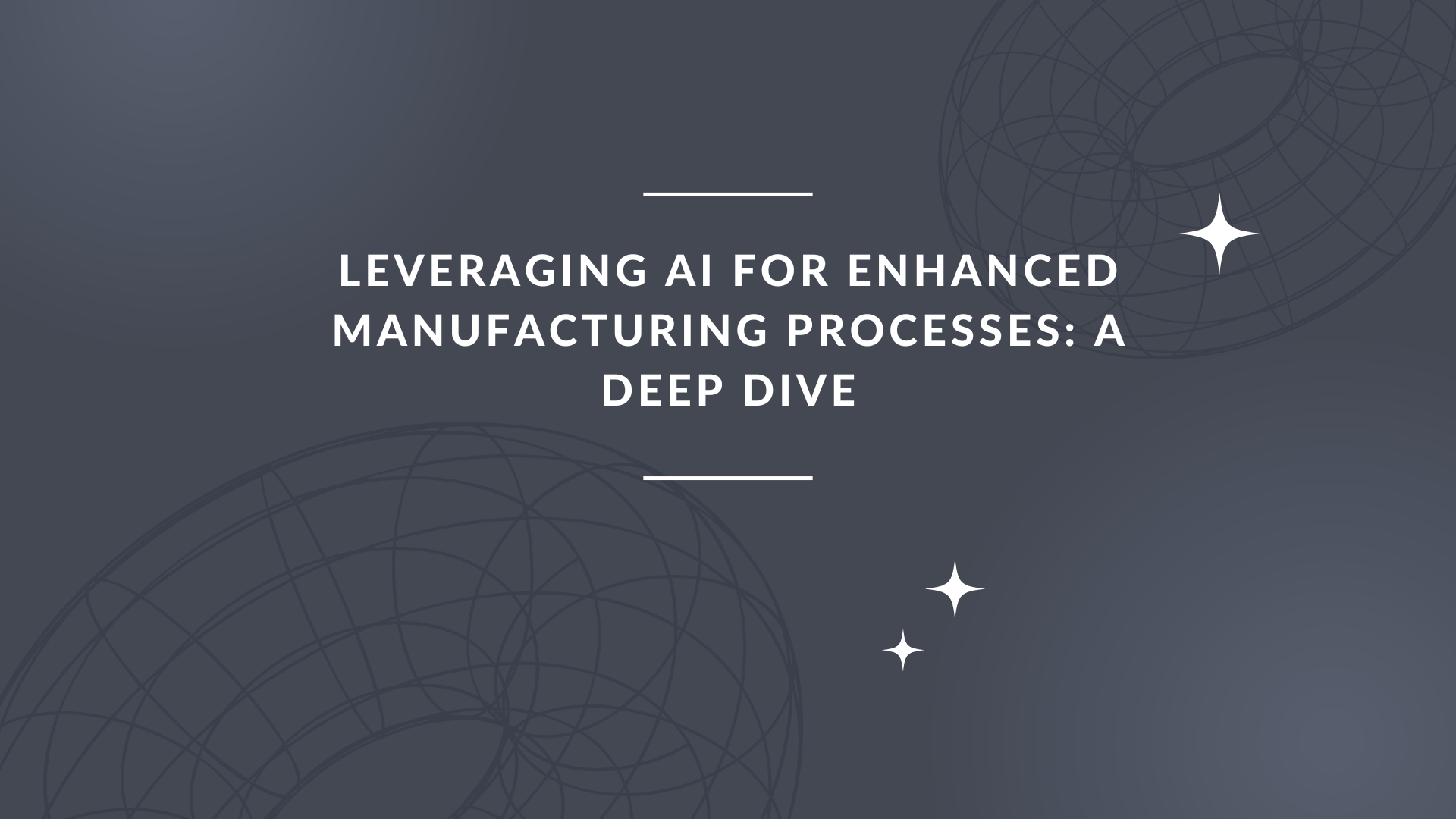In today’s rapidly evolving industrial landscape, the integration of artificial intelligence (AI) has become a cornerstone in optimizing manufacturing processes. From predictive maintenance to quality control, AI-powered solutions are revolutionizing traditional manufacturing methodologies, driving efficiency, productivity, and cost-effectiveness. Let’s delve into how AI is reshaping the manufacturing sector.
Predictive Maintenance:
In traditional manufacturing settings, equipment breakdowns often result in costly downtime and production delays. Predictive maintenance, powered by AI, aims to mitigate such issues by forecasting equipment failures before they occur. Machine learning algorithms analyze real-time data from sensors embedded within machinery to detect patterns indicative of potential malfunctions. By identifying anomalies and predicting maintenance needs in advance, AI minimizes unplanned downtime, prolongs equipment lifespan, and reduces operational costs.
Quality Control:
Maintaining stringent quality standards is paramount in manufacturing industries. AI-driven quality control systems enhance precision and accuracy by swiftly detecting defects in products during the production process. Computer vision, a branch of AI, enables automated visual inspection of manufactured components, identifying imperfections with unmatched efficiency. Deep learning algorithms learn from vast datasets to distinguish between acceptable and defective products, ensuring consistency and reliability in output quality.
Production Optimization:
Optimizing production processes is essential for maximizing output while minimizing resource utilization. AI algorithms analyze historical production data to identify bottlenecks, streamline workflows, and optimize resource allocation. By forecasting demand patterns and dynamically adjusting production schedules, AI enables manufacturers to adapt swiftly to changing market conditions, reducing lead times and enhancing operational agility.
Supply Chain Management:
Efficient supply chain management is critical for ensuring timely delivery of raw materials and components, as well as coordinating logistics activities. AI-powered supply chain solutions leverage predictive analytics to anticipate demand fluctuations, optimize inventory levels, and enhance transportation efficiency. By harnessing real-time data from disparate sources, including IoT sensors and external market trends, AI enables proactive decision-making, reducing supply chain disruptions and enhancing overall resilience.
Human-Machine Collaboration:
Contrary to popular belief, AI isn’t poised to replace human workers in manufacturing; rather, it complements human capabilities, fostering collaborative environments. AI-driven cobots (collaborative robots) work alongside human operators, performing repetitive or hazardous tasks with precision and safety. This symbiotic relationship enhances productivity, improves ergonomics, and frees human workers to focus on value-added activities that require creativity and problem-solving skills.
Conclusion:
The integration of AI into manufacturing processes heralds a new era of efficiency, productivity, and innovation. From predictive maintenance and quality control to production optimization and supply chain management, AI-driven solutions are revolutionizing traditional manufacturing methodologies. By leveraging the power of data analytics, machine learning, and automation, manufacturers can unlock new levels of operational excellence, driving sustainable growth and competitive advantage in an increasingly digital world. Embracing AI is not merely an option for manufacturers—it’s a strategic imperative for thriving in the 21st-century industrial landscape.









